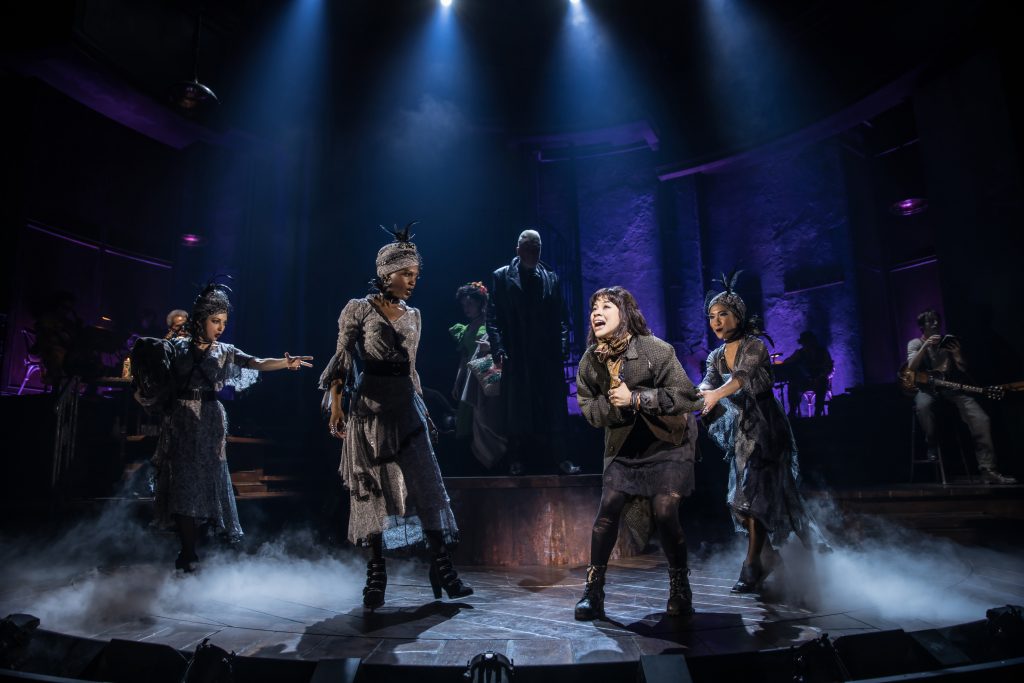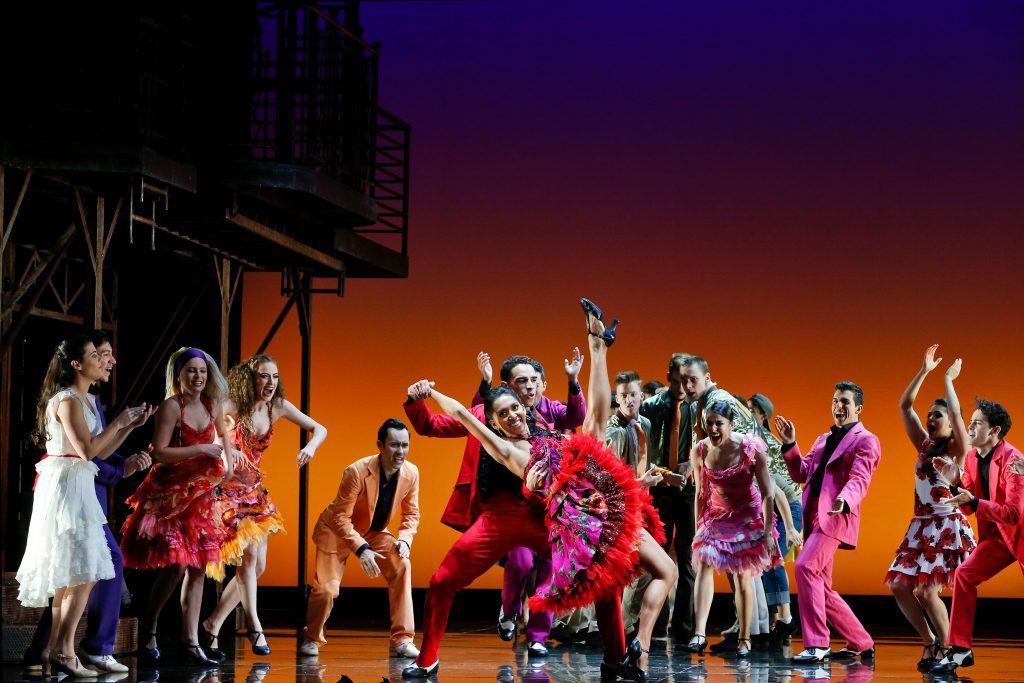
‘White China’ // Playlab Theatre
‘White China’ was generational.
Brisbane is home to many intergenerational families, home to many cultures and, of course, highly prone to flooding. These are all aspects of Brisbane life explored in Playlab Theatre’s latest production ‘White China’, written by Therese Collie and presented at Brisbane Powerhouse.
Winding back to 1974 in the midst of a down pour, ‘White China’ takes audiences on the journey of Catholic mother Daisy and her hippy daughter Jaz, as they search for their mother and grandmother Lily, who has disappeared from her nursing home.
Amongst the flood waters, Lily has reconnected with her half-sister Joy and is embarking on her own quest to find the resting place of their mother to make peace with her for Bi San (Ancestor’s Day). As audiences follow these mothers and daughters of the same family, light on the past is slowly shed and a pattern of generational trauma is granted the opportunity to change.
Entering the space, the shiny floors of the Underground Theatre lent themselves nicely to creating an illusion of puddled flood water. This illusion was then detailed with technical design elements to really draw audiences into the flood lands. With a constant pattering of rain throughout, Guy Webster’s sound design was very effective and paired with flashes of lightning from Geoff Squires lighting design, grounded the play in its stormy setting. Squire’s lighting also featured the occasional use of moving dappled light along the floor that allowed Daisy and Jaz’s tin boat to glide as if it really were on water.
Another key technical design element was Nevil Howell’s video design. Utilised mostly as a means of flashbacks, Howell’s vision spread across three panels in the theatre flicking between closeups and mid-shots of a younger version of Lily as Daisy recalls how her mother used to torment her as a girl. These moments of flashback were essential in understanding the relationship Daisy has to her mother and created an immediate sense of empathy for Daisy’s character.
Taking on the role of Daisy and Jaz was Elise Grieg and Tegan Braithwaite, respectively. The two actresses had a distinct and believable relationship as mother and daughter with a playful yet grounded energy held by both. Grieg’s performance was strict with an uptightness that was balanced out well with Braithwaite’s often rambunctious energy. These were both characters you couldn’t help but find yourself rooting for.
The roles of Lily, Joy and Ava were played by Tracey Tainsh, Emily Liu and Deborah Faye Lee, respectively. Both Liu and Faye Lee had strong vocal qualities as Lily’s half-sisters as well as a distinct relationship to both each other and Lily. Tainsh’s performance saw her play an older character which she pulled off with a meek, hunched physicality and timid voice. Although her vocals assisted in creating the illusion of an older woman, it did at some points hinder her projection and clarity. However, overall Tainsh’s performance remained emotionally engaging.
Directed by Ian Lawson, White China was minimalistic yet effective in its exploration of generational trauma and family culture. Utilising the raised portion of the stage to create a distinction between dry land and flooded territory allowed the blocking to really take audiences along a journey down the Brisbane river. However, more than that this production will take audiences down a river of family history and relationships too, allowing them to leave the theatre pondering the effects of generational trauma.
‘White China’ performs until Saturday, 17 June 2022 at the Underground Theatre, Brisbane Powerhouse. For more information visit their website.







Hi Annabel, thanks for your wonderful review. You have the names of the actors slightly wrong. Elise plays Daisy and Tracey plays Lily. X
Thank you and apologies Elise, we’ve now updated the names.